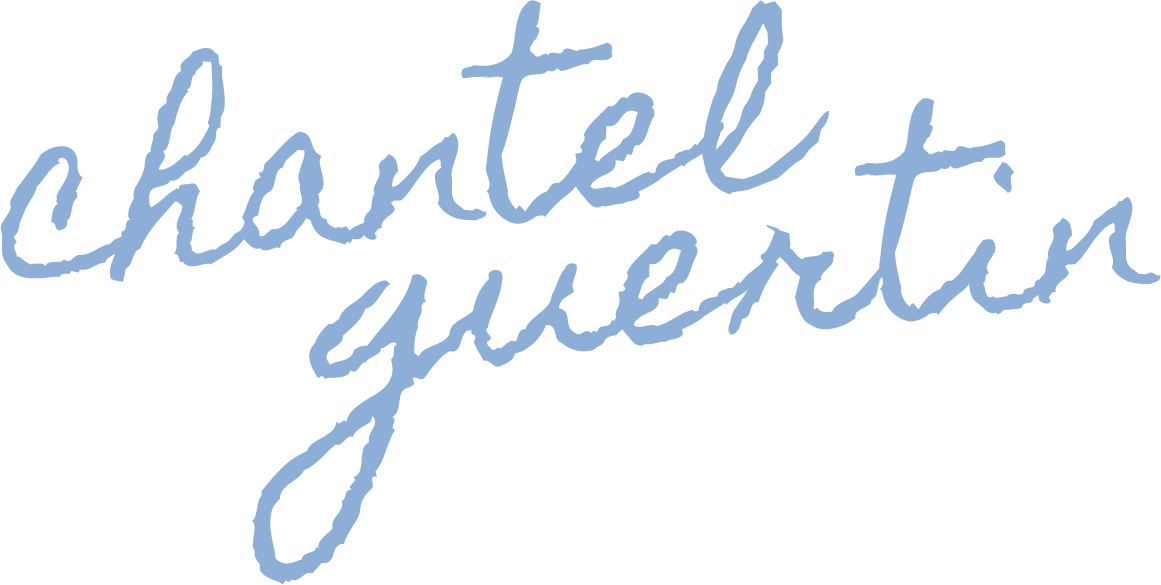The hardest stuff
This article originally appeared in The National Post.
My mother died 18 years ago in 1995, but she was dying for years before that. I was 19-years-old when she passed away, which means that now she’s been gone from my life for nearly as long as she was a part of it. Even though we’re coming up on two decades since her death, I still cry every time I talk about her.
My favourite kind of novel mixes sadness with humour. That was the kind of book I’d always wanted to write. And then there’s that thing about writing about what you know. When I started drafting the outline that eventually became The Rule of Thirds, I gave my protagonist, 16-year-old Pippa Greene, a father who had recently died of cancer.
Except then I couldn’t write that part of the story. I finished a draft and showed it to my fiancé, Chris, and he said there had to be more cancer in it. “Her dad has just died and she never talks about it,” he said. “You have to show the effect that it’s had on her.”
I wanted to do that, but I had a hard time getting the words out. I wanted to write about what I knew—what defined my own adolescence was my mother’s ongoing battle against cancer—but I didn’t want to think about it.
My mother discovered the lump in her breast the autumn I was 12. She and my dad sat my sister and I down in the family room of our house in St. Catharines, and told us the news. My dad probably broke it to us. “Your mom found a lump in her breast,” my dad said, but he assured us our mom would be fine. She looked fine, she felt fine, and so, life went on as usual. A few weeks later she had the lump removed, and then a few months after that she made it to the top of the waiting list and could start radiation and chemotherapy treatments.
She continued to work as a pharmacist through it all. She still made lunches and dinners, still drove me to swim practices and piano lessons. Her hair fell out, but it eventually grew back. My sister graduated from university, and then I graduated from high school. She was there for both events.
Five years had passed, and according to the statistics, my mother was a breast cancer survivor. But she wasn’t a cancer survivor. The cancer returned when I was 17. There must have been another family-room sitdown, but I can’t remember any of it. What I do remember is that both my parents seemed less hopeful this time. Because the cancer had spread to her lymph nodes, and then, we discovered, her lungs and her liver. And then her brain.
All of these memories were really difficult to think about as I wrote The Rule of Thirds. There’s so much I blocked out. There’s so much I still block out. It’s just so painful to think about that time. Not just about my mother having cancer, but the side effects of my mother having cancer: the brain tumour prevented her from working as a pharmacist, then from driving her car. The liver tumour turned her skin yellow. The drugs made her bloated and puffy: she looked like a distant relative, not my mom.
One day she asked me to do her makeup. She didn’t say why, but I knew: her eyesight was weakening; her coordination failing, her hands unsteady. At first, I refused. It wasn’t that I didn’t love playing with makeup, or didn’t want to help her. But me doing her makeup confirmed that she couldn’t do it herself. And that meant she was dying, and there was nothing I could do to stop it. She finally persuaded me. I still remember the shade of blue I used on her eyes. I cried the whole time.
A couple weeks before the book’s final deadline, Chris and I went to a friend’s cottage in Georgian Bay to go over the novel one more time. It still wasn’t there, and I knew it, and I hoped that by getting away, by spending a weekend on a snowy island with only the book, I could finally get the draft to be my best work possible. Chris was still pushing me to put more of myself in the story. And I was still resisting.
We holed up in that cottage for the entire weekend—versions of the book both on our laptops and printed out and strewn around us on the couch—taking breaks only to put another log on the fire, or to get something to eat. It wasn’t until well into the weekend, that something in me broke. And I broke down. I finally let myself recall those years when my mom was so sick, and those final weeks until she died. All the little details, and how awful it all was. I let it all come to the surface. And then, I channeled it into Pippa.
You’re supposed to write about what you know. But sometimes writing about what you know is really, really hard. It’s usually the hardest stuff, the stuff you don’t want to write about, that makes for the moments that stick with readers, long after they’ve finished the book. In some ways, I guess I learned that I never really dealt with my mom’s death. Maybe I never would have. Maybe, it takes someone, or something, to force us to deal with the hardest things in life. With The Rule of Thirds, I had just that. And I’m grateful.

